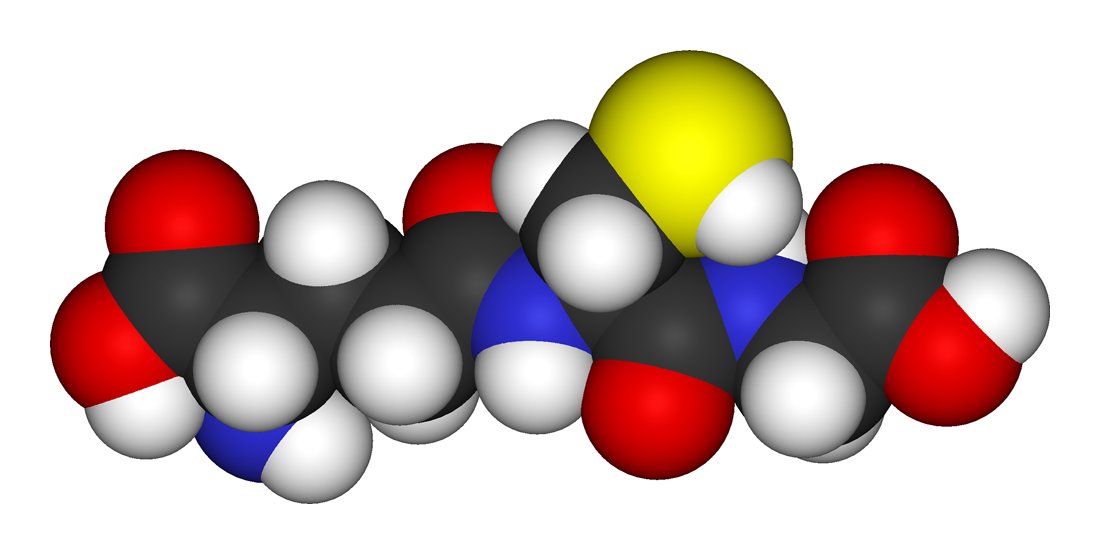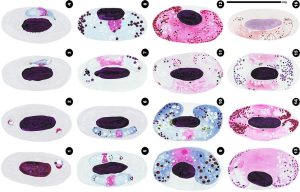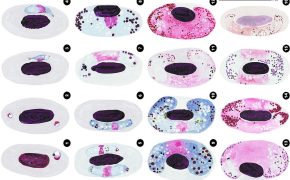Antioxidant Supplements Vs. Cancer – The Truth
As we all known, people who work for food companies like to flog their wares in any way that they can. If it is possible to infer that a product is healthy, all the better. People love buying things that make them feel less guilty about eating more cakes and drinking strong coffee and red wine.
Antioxidants have been banded around all over the shop as some kind of panacea for all ills; a deterrent for cancer and Alzheimer’s in particular. But is there any evidence that antioxidant supplements really do prevent these evils?
What makes me most annoyed about this is that the advertising world has won. If you ask 100 people on the street whether antioxidants are good for you, 99% will probably say yes. If you were to ask what antioxidants did, or what they were, I expect the percentage of correct responses would be in the low teens.
What might shock people is that there is NO STRONG EVIDENCE THAT ANTIOXIDANT SUPPLEMENTS STAVE OFF CANCER. I don’t expect you to believe me though, so I’ve just collated some snippets from people you should believe instead.
To be clear, these supplements (or foods with added antioxidants) aren’t bad for you (necessarily), but there is not enough of a reason for this $500 million industry to be doing so well. It’s basically misleading people, but somehow it’s OK because they are making loads of cash. Modern life in the West, hey?
It’s not that I’m anti-antioxidants, it’s just that I am anti-mass media marketing campaigns winning the game. I know they win most of the games they take part in, but at least I will have said my bit:
International Journal Of Biomedical Sciences
Even if antioxidant supplementation is receiving enthusiastic debate and is increasingly adopted in many industrial countries, supporting evidence is still ambiguous… Also, antioxidant supplements can act as pro-oxidants e.g. as oxidative stress inducers if they are consumed at levels significantly above the recommended dietary intakes
Harvard School Of Health Journal
The trials were mixed, but most have not found the hoped-for benefits. Most research teams reported that vitamin E and other antioxidant supplements didn’t protect against heart disease or cancer. One study even showed that taking beta-carotene may actually increase the chances of developing lung cancer in smokers. On the other hand, some trials reported benefits; for example, after 18 years of follow-up, the Physicians’ Health Study found that taking beta-carotene was associated with a modest reduction in the rate of cognitive decline.
National Centre For Complementary And Integrative Health
…research has not shown antioxidant supplements to be beneficial in preventing diseases.
BBC
LINK
While it’s a good idea to eat a wide variety of antioxidant-rich food, expert opinion is that for most people it’s not beneficial to top-up with antioxidant supplements.
Wikipedia
Antioxidants are widely used in dietary supplements and have been investigated for the prevention of diseases such as cancer, coronary heart disease and even altitude sickness. Although initial studies suggested that antioxidant supplements might promote health, later large clinical trials of antioxidant supplements including beta-carotene, vitamin A, and vitamin E singly or in different combinations suggest that supplementation has no effect on mortality or possibly increases it.
Plos One
Meta-Regression Analyses, Meta-Analyses, and Trial Sequential Analyses of the Effects of Supplementation with Beta-Carotene, Vitamin A, and Vitamin E Singly or in Different Combinations on All-Cause Mortality: Do We Have Evidence for Lack of Harm?
Beta-carotene and vitamin E in doses higher than the RDA seem to significantly increase mortality…
Plos One
Vitamin E and all-cause mortality: A meta-analysis
For the populations reviewed here, supplementation with vitamin E appears neither beneficial nor harmful in terms of mortality. Based on the information available, supplementation with vitamin E as alpha-tocopherol cannot be endorsed as a means of reducing mortality for the specified populations. In the absence of evidence to the contrary, vitamin E supplementation should not be recommended as a means of improving longevity.
The Journal Of The American Medical Association
Mortality in Randomized Trials of Antioxidant Supplements for Primary and Secondary Prevention Systematic Review and Meta-analysis
Treatment with beta carotene, vitamin A, and vitamin E may increase mortality. The potential roles of vitamin C and selenium on mortality need further study.
Romanian Journal Of Internal Medicine
Do antioxidants prevent colorectal cancer? A meta-analysis
This meta-analysis found no evidence in favor of a protective effect of the studied antioxidant supplements in the prevention of colorectal cancer or cancer related mortality.
Cochrane Library
There is no evidence for recommending supplements of vitamins A, C, E, selenium, either alone or in different combinations, for the prevention of lung cancer and lung cancer mortality in healthy people.
Nutrition and Cancer Journal
Effects of Beta-Carotene Supplements on Cancer Prevention: Meta-Analysis of Randomized Controlled Trials
Subgroup analyses by various factors revealed no preventive effect of beta-carotene supplementation on cancer prevention and that it significantly increased the risk of urothelial cancer, especially bladder cancer (RR = 1.52, 95% CI = 1.03–2.24) and marginally increased the risk of cancer among current smokers
Alzheimers.org.uk
However, a number of clinical trials looking into supplements have had to be stopped early due to participants experiencing adverse effects, such as higher rates of cancer development in those taking the antioxidant supplements. Other trials have shown that there does not appear to be a long term, detrimental effect of taking antioxidants.
Although the findings from studies are contradictory, the lack of certain benefits suggests that taking supplements may not be an advantage. It is important to note that these were trials on supplements – increasing your levels of antioxidants by increasing fresh fruit and vegetable consumption is associated with many long term benefits.
The general summary goes like this: eat fruit and veg, lay off the kebabs, don’t get smashed too often and defo pack in the fags. Oh, and if you do a bit of running around every so often that’ll help too.


















